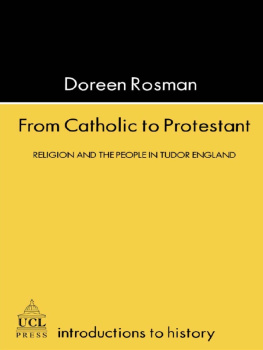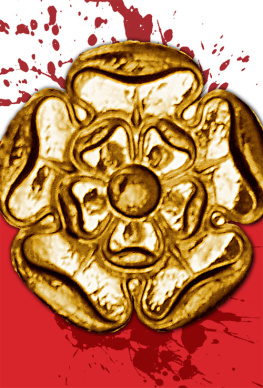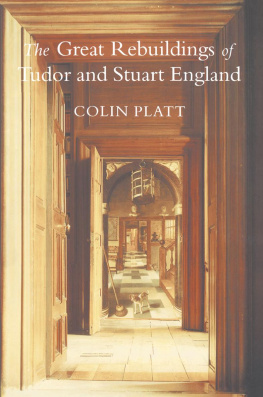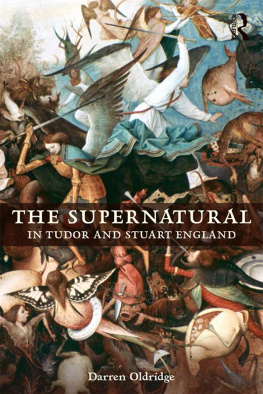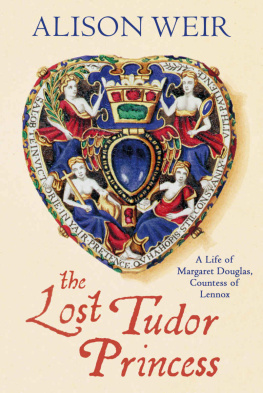First published 1998 by Addison Wesley Longman Limited
Published 2013 by Routledge
2 Park Square, Milton Park, Abingdon, Oxon OX14 4RN
711 Third Avenue, New York, NY 10017, USA
Routledge is an imprint of the Taylor & Francis Group, an informa business
Margaret Pelling 1998
The right of Margaret Pelling to be identified as author of this Work has been asserted by her in accordance with the Copyright, Designs and Patents Act 1988.
All rights reserved. No part of this book may be reprinted or reproduced or utilised in any form or by any electronic, mechanical, or other means, now known or hereafter invented, including photocopying and recording, or in any information storage or retrieval system, without permission in writing from the publishers.
Notices
Knowledge and best practice in this field are constantly changing. As new research and experience broaden our understanding, changes in research methods, professional practices, or medical treatment may become necessary.
Practitioners and researchers must always rely on their own experience and knowledge in evaluating and using any information, methods, compounds, or experiments described herein. In using such information or methods they should be mindful of their own safety and the safety of others, including parties for whom they have a professional responsibility.
To the fullest extent of the law, neither the Publisher nor the authors, contributors, or editors, assume any liability for any injury and/or damage to persons or property as a matter of products liability, negligence or otherwise, or from any use or operation of any methods, products, instructions, or ideas contained in the material herein.
ISBN 13: 978-0-582-23182-5 (pbk)
British Library Cataloguing in Publication Data
A catalogue entry for this title is available from the British Library
Library of Congress Cataloging-in-Publication Data
A catalogue entry for this title is available from the Library of Congress
Set by 35 in 11/12pt Garamond
It is to be hoped that a volume of essays of this kind rarely emerges without the encouragement of friends and colleagues. This is certainly true in the present case, although no responsibility is thereby transferred. I am grateful for support from, at different stages, Jonathan Barry, Sandra Cavallo, Trish Crawford, Cathy Crawford, Penelope Gouk, Ludmilla Jordanova, Anne Laurence, Ross McKibbin, Charles Webster, Paul Weindling, and those whose names are specifically mentioned in connection with each of the essays. The students taking my MSc/MPhil paper on health, medicine and social conditions in early modern England provided salutary and informative responses, as did my doctoral students. I also owe a great deal to audiences at various conferences held by the Society for the Social History of Medicine. Because of institutional circumstances, I was doubly appreciative of the understanding shown by the Director of my Unit, Jane Lewis, and by Unit staff. Outside the Unit, Frances White showed unexampled patience, especially during computer crises, as well as her usual meticulousness. Peter Humphrey of the Modern History Faculty was also extremely helpful. Of the many libraries concerned I wish particularly to mention the Bodleian Library, Oxford, the Corporation of London Record Office, the Guildhall Library, London, and the Archivist and staff of the Norfolk Record Office, Norwich. Like many other scholars who owe a special debt to Norwich records, I was forcibly reminded of that debt by the fire that destroyed Norwich's library (but fortunately not all its holdings) in 1994. Over the period during which diese essays were written I have been supported by the Wellcome Trust, and I am grateful for the opportunity thus offered. I should also like to thank Andrew MacLennan and his colleagues at Addison Wesley Longman, who have been both civilised and encouraging, as well as tolerant when die project was affected by circumstances outside my control. My greatest debt over many years is to the dedicatees, in particular Mary Hilton.
as 'Medical Practice in Early Modern England: Trade or Profession?', in W Prest (ed.), The Professions in Early Modern England (Croom Helm, London, 1987), pp. 90128.
The essays have been edited as follows: overall, I have tried to eliminate repetitions, and to include cross-referencing instead. To save space, I have in a number of cases (Pound's edition of the Norwich census, for example) adopted short titles which are used throughout the volume. I have also used short tides for the chapters themselves. Full references for these will be found under Abbreviations (p. xii), rather than in each chapter's footnotes. For those chapters already published, except also considers general issues, which are tackled in greater historical detail in the preceding chapters. The purpose of the Introduction is to explain the overall intentions of the volume, to single out unifying themes and approaches, and to connect the findings of the essays to wider debates.
Margaret Pelling
Wellcome Unit for the History of Medicine
University of Oxford
The publishers would like to thank the following for permission to reproduce copyright material:
Cambridge University Press for Margaret Pelling, 'Illness among the Poor m an Early Modern English Town: the Norwich Census of 1570', Continuity and Change , 3 (1988), 27390 and for Figure 5.2 from E. A. Wrigley and R. S. Schofield, The Population History of England 1541-1871 (1981), p. 216; Johns Hopkins University Press for Margaret Pelling, 'Occupational Diversity: Barbersurgeons and the Trades of Norwich, 15501640', Bulletin of the History of Medicine, 56 (1982), 484511. Routledge and Croom Helm for Margaret Pelling, 'Old Age, Poverty, and Disability in Sixteenth-Century Norwich: Work, Remarriage, and Other Expedients', in M. Pelling and R. M. Smith (eds), Life, Death and the Elderly: Historical Perspectives (Routledge, 1991), pp. 74-101 and Margaret Pelling, 'Medical Practice in Early Modern England: Trade or Profession?', in W Prest (ed.), The Professions in Early Modern England (Croom Helm, 1987), pp. 90-128; Simon & Schuster for Margaret Pelling, 'Medicine and Sanitation', in J. F. Andrews (ed.), William Shakespeare, His World, His Work, His Influence, 3 vols (1985), vol. I, pp. 7584; the Society of the Social History of Medicine for 'Child Health as a Social Value in Early Modern England', Social History of Medicine, 1 (1988), 13564; The Wellcome Trust for Margaret Pelling, 'Healing the Sick Poor: Social Policy and Disability in Norwich, 1550 1640', Medical History, 29 (1985), 11537 (Copyright The Trustee, The Wellcome Trust, reproduced with permission).



